Panel : Cultural Heritage in the New Age of AI
- Long title
- Revealing Great Values of Diverse Cultural Heritage through Generating Smart Data in the New Age of AI
- Starts at
- Mon, Oct 21, 2024, 14:00 EDT
- Finishes at
- Mon, Oct 21, 2024, 15:30 EDT
- Venue
- Auditorium
- Moderator
- Sam Oh
This panel will first bring in an analysis of the diverse CH entities in order to understand their complexity as well as the opportunities and challenges in generating smart data for them in the new AI age. Due to their complex resource inauguration and other issues, the generating of metadata for those entities have been time-consuming and self-determining. The panel will then focus on the ongoing activities in the development of models, platforms, and services for CH. The panelists will discuss together on the potentials and challenges in generating smart data to reveal the great values of diverse CH in the New Age of AI.
Moderator
-
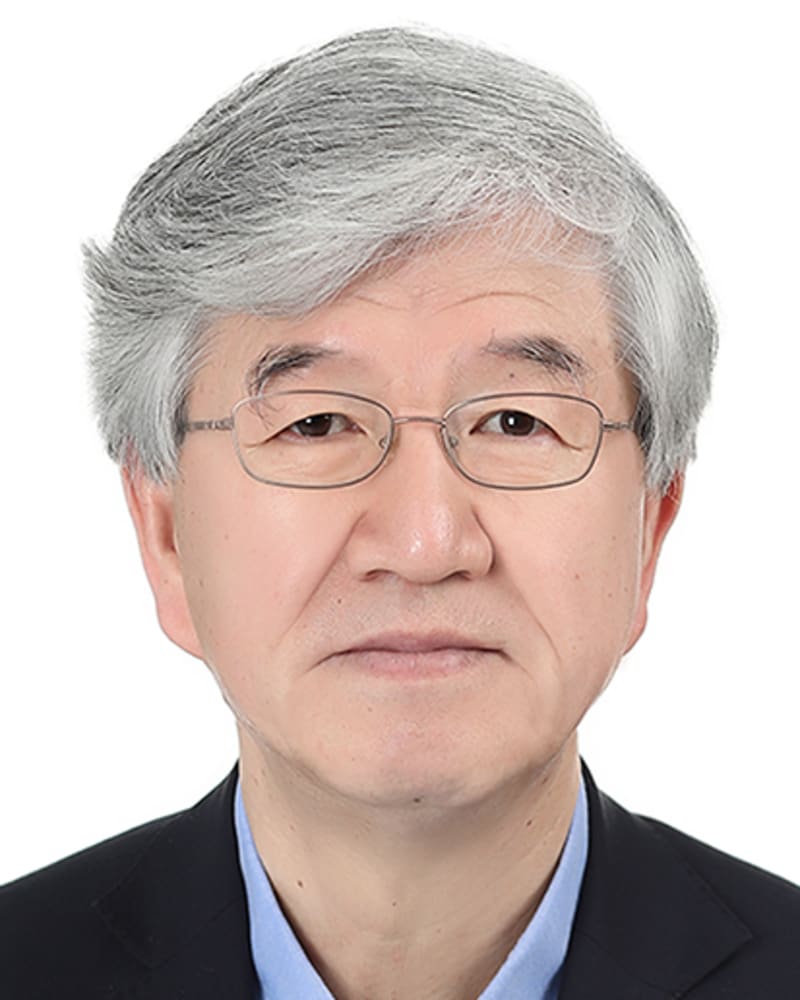
Sam Oh
Sungkyunkwan University, Seoul, Korea
Sam Oh is a distinguished professor for global affairs at Sungkyunkwan University, Seoul, Korea, and an affiliate professor at University of Washington iSchool. HIS expertise spans data modeling, metadata design, and ontology design. With funded projects and consultancy for various companies and government sectors, he held leadership roles such as a chair of iSchools, had tenure chairing both TC46/SC9 (Identification & Description) and ISO/IEC JTC1 SC34 (Document Description and Processing Languages). He is the executive director of Dublin Core Metadata Initiative (DCMI), the ambassador of iSchools, and chairs TC46/SC4 (Technical Interoperability).
Presentations
Introduction: Recent research projects for generating smart data for diverse CH entities in the New Era of AI
Smart data means the trusted, contextualized, relevant, cognitive, predictive, and consumable data at any scale, revealing the most important V(value) of big data. A fundamental advancement of smart data that distinguishes it from other approaches is the methodology of big data, which assumes the ability to reveal the unknown-unknowns. The smart data concept is essential in relation to the role of libraries, archives, and museums (LAMs) in supporting Digital Humanities research.
In the new era of AI, smart data may be efficiently processed using AI technology while also being used by AI to generate intelligent applications and produce high-quality data. However, since information-bearing CH entities are usually non-textual and non-machine-readable, generating smart data for diverse CH resources presents complexities in data processing.
This introduction will bring some special cases in recent innovative research projects in the world, ranging from working on manuscripts, symbolic symbols, images, sound, smells, to museum specimens and other objects. Such advancement makes applications for promoting CH more abundant and practical.
-
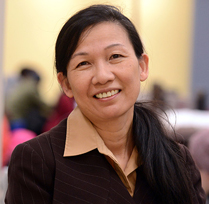
Marcia Lei Zeng
Kent State University
Marcia Lei Zeng is a Professor of Information Science at Kent State University (USA). Her primary research interests include knowledge organization systems, linked data, metadata, smart data and big data, semantic technologies, and digital humanities. She has authored over 100 research papers and six books. Her research projects have received funding from the NSF, IMLS, OCLC, Fulbright, and other organizations. She has chaired and served on committees, working groups, and executive boards including IFLA, SLA, ASIS&T, NISO, ISO, DCMI, ISKO, iSchools, and W3C. Currently, she is chairing the DCMI Education Committee, while serving as a member of the DCMI Governing Board and ISKO Board of Directors.
Digital Humanities on the Semantic Web: Lessons Learned from Developing In-use Linked Open Data Services and Semantic Portals for Cultural Heritage
use semantic portal on top of it. This work has evolved gradually into the so-called Sampo Model for creating and publishing Knowledge Graphs (KG) as LOD services and semantic portal User Interfaces (UI).
-
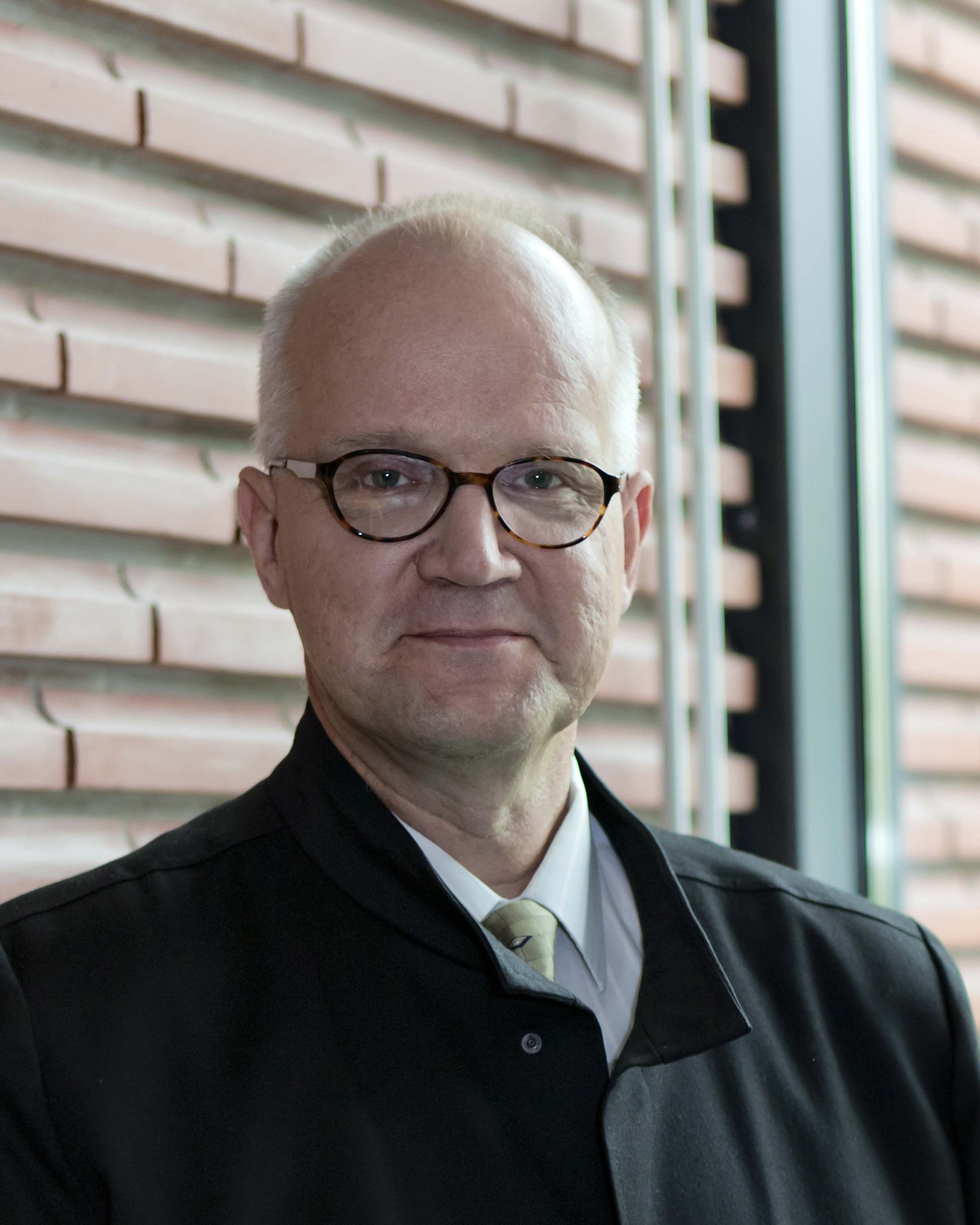
Eero Hyvönen
Aalto University and University of Helsinki
Eero Hyvönen (https://seco.cs.aalto.fi/u/eahyvone/) is professor of semantic media technology at the Aalto University, Department of Computer Science, and director of Helsinki Centre for Digital Humanities (HELDIG) at the University of Helsinki. A major recent theme (since 2001) in his research has been the Semantic Web and linked (open) data technologies. He has been developing with his Semantic Computing Research Group (SeCo) (https://seco.cs.aalto.fi/) the national semantic web infrastructure in Finland (https://seco.cs.aalto.fi/projects/lodi4dh/) and its applications in different areas, such as Cultural Heritage and Digital Humanities (https://seco.cs.aalto.fi/applications/sampo/). Eero Hyvönen has published over 500 research articles and books and has got several international and national awards. He acts in the editorial boards of several international journals and has co-chaired and acted in the program committees of tens of major conferences.
Metadata modeling based on the One-to-One Principle to digitally curate and archive intangible entities in the cultural and historical domains: data models to help identify the entities and the relationships among them for digital archiving
-
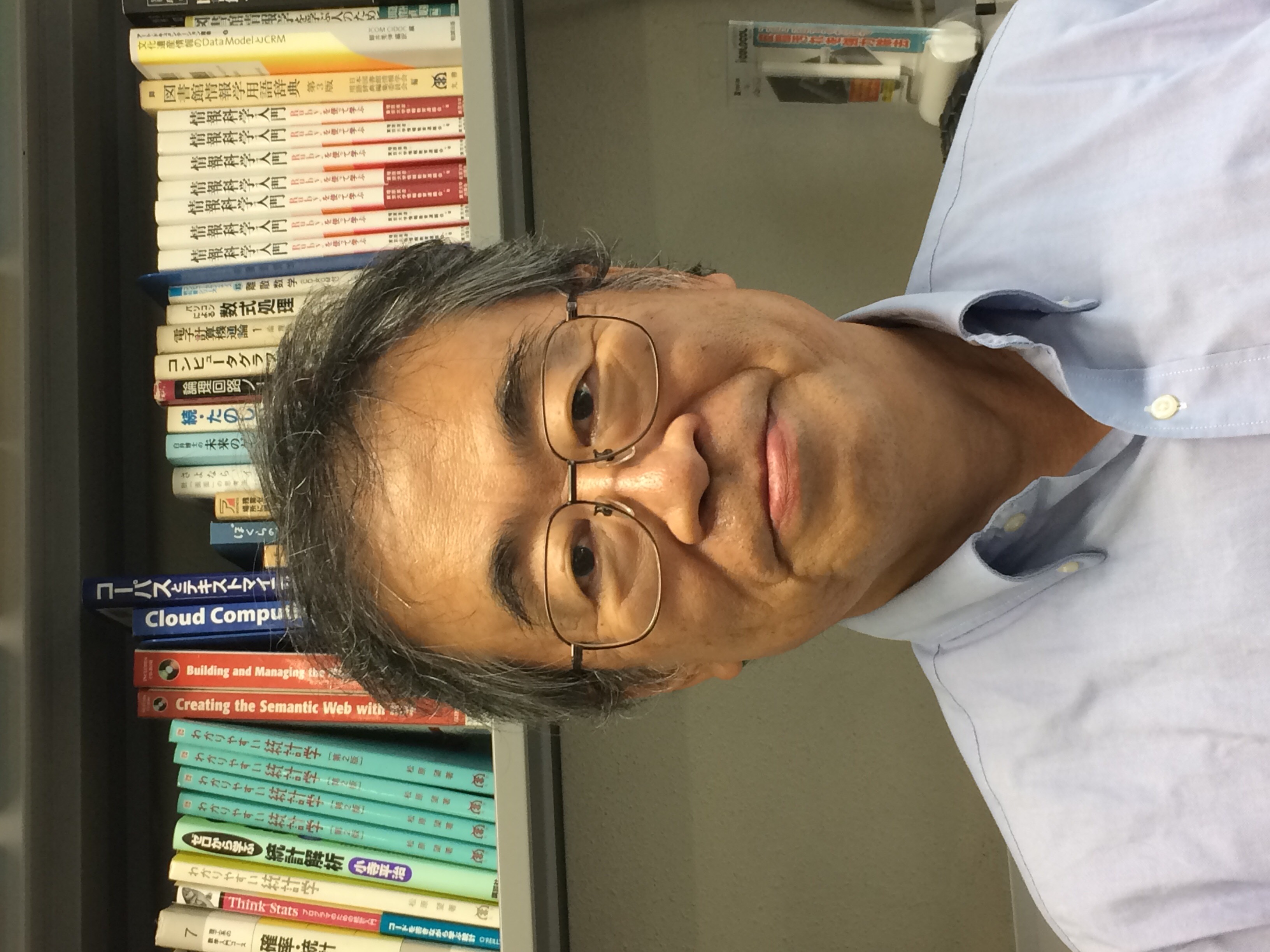
Shigeo Sugimoto
University of Tsukuba
Shigeo Sugimoto received his BE, ME, and Ph.D. degrees from the Department of Information Science, Faculty of Engineering, Kyoto University in 1977, 1979, and 1985, respectively. Until March 2019, he was a full-time faculty member at the Faculty of Library, Information and Media Science, University of Tsukuba (formerly University of Library and Information Science), Japan. Sugimoto first participated in the 4th Dublin Core Workshop in 1997 and has been closely working with DCMI since then. Currently, he is a member of the Governing Board of DCMI. His research interests include metadata models for digital archives that collect intangible cultural and historical entities, such as intangible cultural heritage, cultural/historical events, and transient and dynamic objects.
Structuring Knowledge from Qing Secret Societies: Ontology-Driven Approaches in Digital Humanities
-
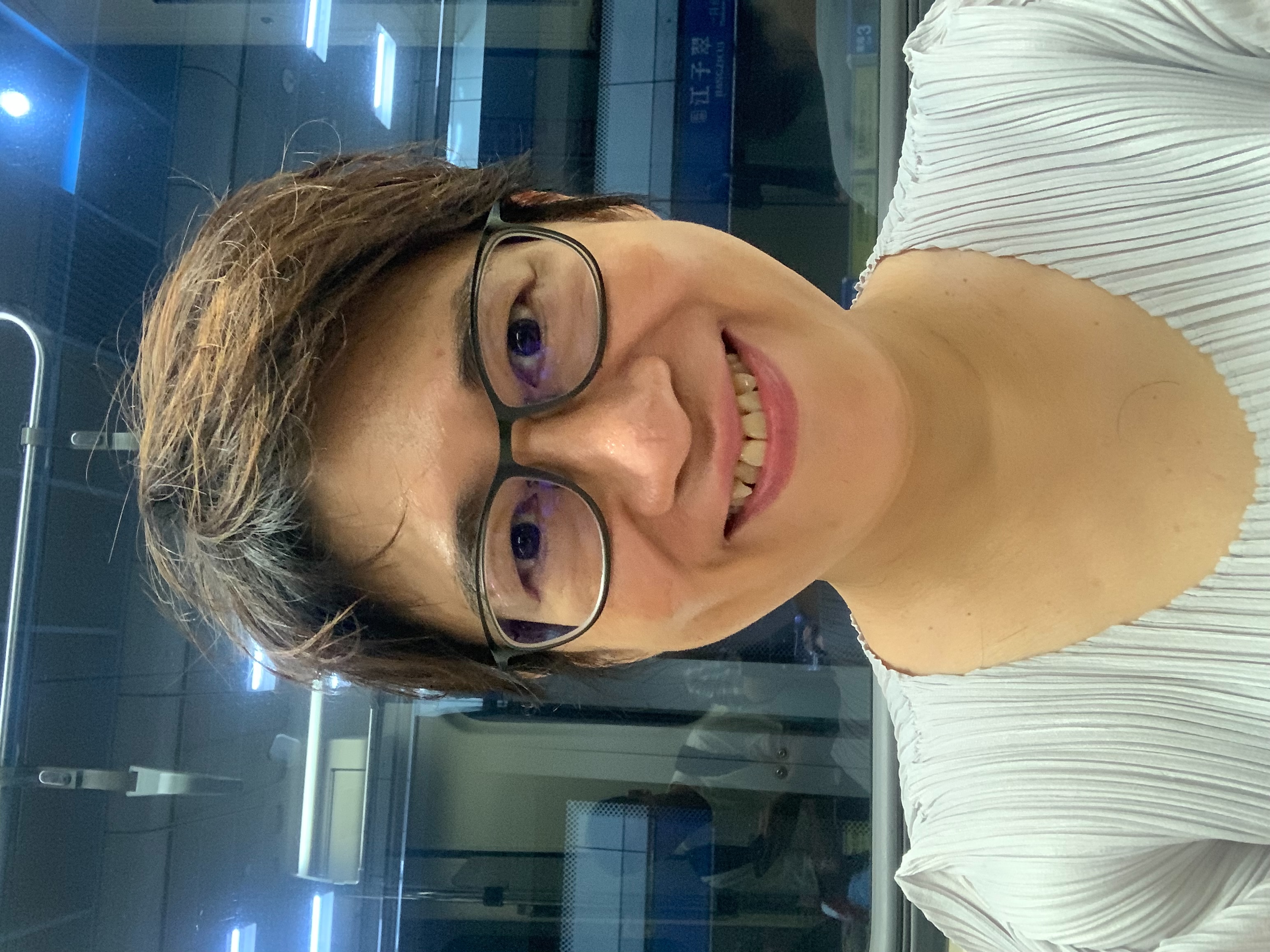
Sophy Shu-Jiun Chen
Academia Sinica
Sophy Shu-Jiun Chen, Associate Research Fellow at Academia Sinica’s Institute of History and Philology, also serves as Executive Secretary of the Academia Sinica Center for Digital Cultures. She holds an M.A. in Information Studies from the University of Sheffield, UK, and a Ph.D. in Library and Information Science from National Taiwan University. Her research spans cultural heritage informatics, digital libraries, digital humanities, knowledge organization, and linked data. She initiated the Chinese AAT Taiwan project and established the Linked Open Data Lab at Academia Sinica.





